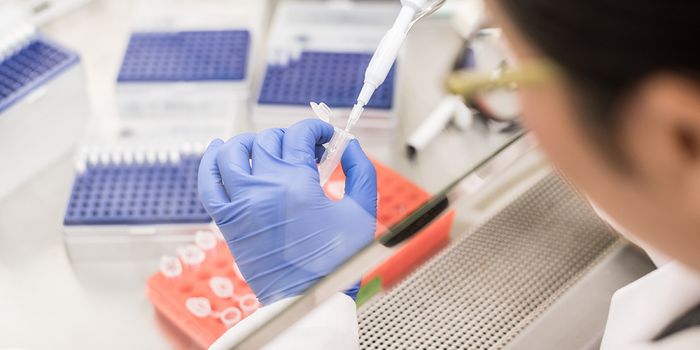Advancing UAV Coordination for Emergency Response: UT Arlington's Airborne Computing Platform
The National Science Foundation (NSF) recently awarded an $800,000 research grant to Dr. Yan Wan of the University of Texas at Arlington (UT Arlington) to construct an open-networked airborne computing platform for use on unmanned aerial vehicles (UAVs) and allow them to assist first responders in emergencies or disaster situations. Additionally, UT Arlington will also be producing the universal plug-in hardware unit for the UAVs that will enable the utilization of this platform.
Dr. Yan Wan, who is a Distinguished University Professor in the Electrical Engineering Department at UT Arlington. (Credit: UT Arlington)
“UAVs have become more and more integrated in our everyday lives,” said Dr. Wan. “They can do a lot of intelligent tasks. Now we must make them communicate with each other while they’re in the air and independent of a central computer management control.”
This project builds on similar research Dr. Wan and her team started over 10 years ago, which culminated in being awarded almost $1 million from a 2017 NSF grant to begin developing the computing platform to be used on UAVs. The secret behind the platform is the direct flight-to-flight communication capabilities resulting in real-time mid-air computing.
“Our project should be able to transmit real-time videos to see what is happening during or immediately after a natural or manmade disaster,” said Dr. Wan. “Emergency crews can then be dispatched directly to where help is needed. They won’t have to go to a site, then search, then help people in need.”
While this research is using this platform for emergency purposes, the research also be applied for commercial purposes, as well.
This $800,000 is a part of a combined $1.8 million NSF grant to further develop this research and the remaining $1 million has been awarded to the University of Puerto Rico at Mayaguez, San Diego State University, and the University of North Texas.
“Ensuring that transportation through the immediate airspace for emergency entities using UAVs is safe is essential to helping people,” said Dr. Diana Huffaker, who is the associate vice president for research at UT Arlington.
How will this new platform help first responders in the coming years and decades? Only time will tell, and this is why we science!
As always, keep doing science & keep looking up!
Sources: UT Arlington, EurekAlert!









